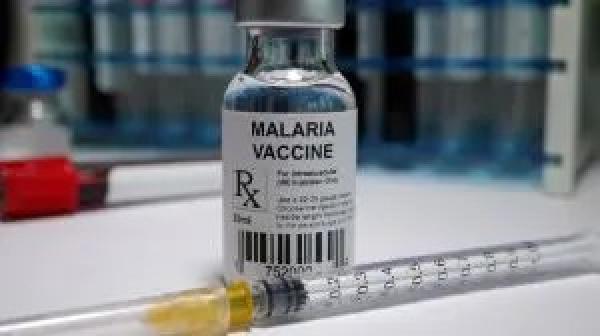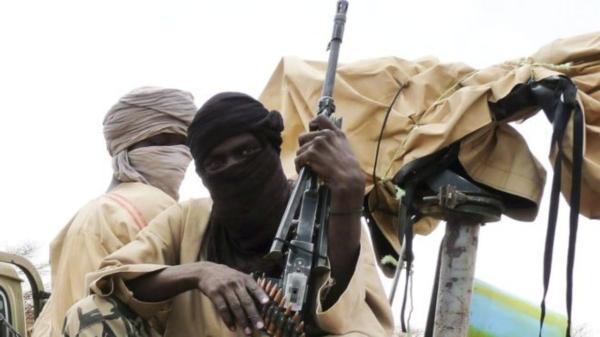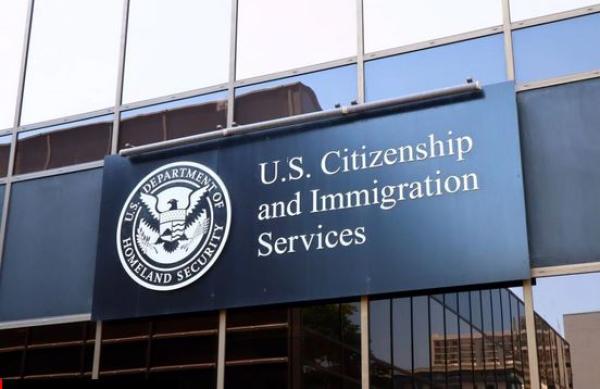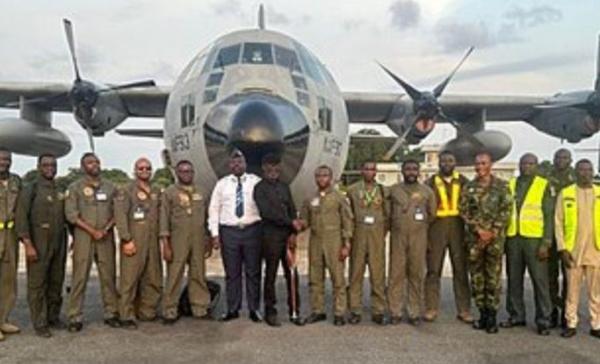
Heads of State and Government gathered at the United Nations General Assembly, UNGA, have issued a stern warning about the urgent need to increase funding for malaria prevention to ward off a potential increase in the number of new malaria cases and deaths.
Failure to do so, they caution, could lead to a resurgence of the disease within the next five years resulting in an additional 137.2 million malaria cases and up to 337,000 deaths between 2027 and 2029.
Giving the warning ahead of the Global Fund Replenishment in 2025, following concerns from new modelling conducted by the Malaria Atlas Project, the world leaders say that even if current funding levels are maintained, a perfect storm of threats could still result in 112 million more cases and 280,000 deaths due to malaria.
The urgent need for increased funding highlights malaria’s ongoing global health crisis and the critical importance of sustained efforts to combat the deadly disease.
The World Health Organization reports that there are already nearly 250 million malaria cases and over 600,000 deaths annually, primarily affecting young children and impoverished countries.
The urgent call for increased malaria funding underscores the ongoing global health crisis posed by this deadly disease and the critical importance of sustained efforts to combat it.
The Global Fund to Fight AIDS, Tuberculosis, and Malaria, one of the primary sources of funding for the control and elimination of AIDS, TB, and malaria, is funded largely by governments, and pools the world’s resources to fight the three diseases, raising and investing money in three-year cycles known as Replenishments.
According to the RBM Partnership to End Malaria, “From the new models, if there is a flatlining of malaria resources (with the Global Fund Replenishment again achieving approximately $15.6 billion in total and allocations across the three diseases remaining on par with the current cycle), the world could see an additional 112 million malaria cases and up to 280,700 additional deaths across the three years, with upsurges and outbreaks happening right across the continent of Africa.”
The RBM Partnership said the situation will be even worse if the total Global Fund Replenishment sees a cut to resources and takes funding away from malaria.
“In the event of a lower replenishment of $11 billion, and a reduction in the malaria allocation, the modelling forecasts we can expect an estimated 137.2 million additional malaria cases and up to 337,000 additional malaria deaths.
“The world is already facing insufficient funds based on the current cycle. There is an estimated gap of more than $1.5 billion to sustain services at 2023 levels; but with the new challenges we are facing, even this will not be enough to get the fight against malaria back on track.
The new projections were raised by President Umaro Sissocco Embaló at a fireside chat titled “Confronting the Malaria Perfect Storm”, convened by the African Leaders Malaria Alliance, where they expressed concerns that malaria will quickly resurge if appropriate action is not taken in this Replenishment cycle.
The CEO of the RBM Partnership to End Malaria, Dr Michael Charles, said, “The evidence is clear that there is a significant risk of malaria epidemics if funding isn’t increased and high-burden areas are unable to deliver critical malaria prevention services.
“Unlike HIV and TB, malaria is concentrated in lower-income countries, particularly across Africa, so often these countries have the least ability to afford the fight. Everyone, no matter where they live, has a right to health. Malaria is straining health systems and making it difficult for people in low-income countries to fully enjoy their right to health.”
Charles admitted that allocating the funds from the Global Fund Replenishment is complex, but emphasised that while all three diseases urgently need attention, malaria must receive an increase in its funding from the Global Fund if we are to avoid a wide-scale resurgence.
“If this doesn’t happen, we can expect cases to spike and increased mortality. We already know this will impact women and young children hardest, as they are disproportionately affected by the disease. It will also push more people into poverty and overwhelm already fragile health systems, with economic consequences that will ripple across the world.
“We simply cannot afford to let this happen. The world has a duty to ensure our most vulnerable populations are not further disadvantaged and to do this we need to ensure the right funding is in place, starting with the global fund replenishment,” he remarked.
The ongoing fight against malaria faces significant challenges that threaten to undermine current efforts. Worse still, insecticide and anti-malarial drug resistance are on the rise, rendering existing interventions less effective.
While highly effective tools like dual-insecticide mosquito nets are available to address resistance, their implementation comes at a higher cost. The combination of climate change and humanitarian crises has further exacerbated the situation, leaving vulnerable populations at increased risk of malaria infection.
These converging challenges highlight the urgent need for increased funding and innovative strategies to combat malaria effectively.
The RBM Partnership to End Malaria is the largest global platform for coordinated action against malaria. It was established as Roll Back Malaria (RBM) Partnership in 1998 and mobilises for action and resources and forges consensus among partners.






















